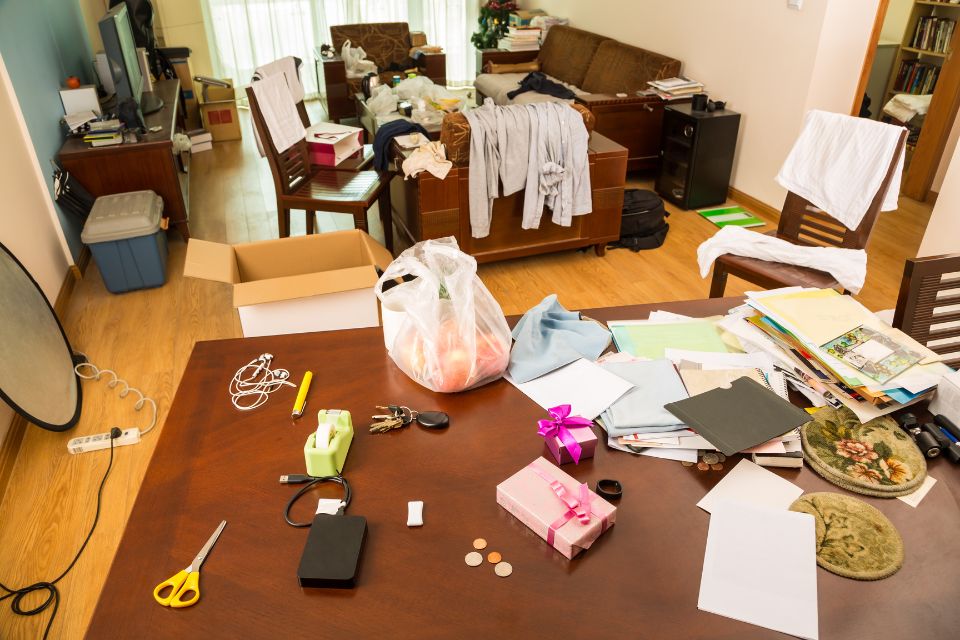For many landlords, the ideal tenant is one that aligns with their values, especially when it comes to cleanliness. One of the most challenging aspects you may face is dealing with tenants who may not adhere to your cleanliness standards.
While you need to respect the privacy of your tenants, you must also ensure that they’re maintaining the property. To help you establish clear expectations and effectively communicate with your tenants, let’s look at some tips for landlords dealing with dirty tenants.
Set Clear Expectations
Clarity in your lease agreement can play a pivotal role here. Dedicate a section of the lease to clearly outline the tenant’s responsibility regarding the property’s cleanliness, damage, and maintenance.
This could involve setting parameters for garbage disposal, detailing the need for regular clean-ups, and identifying what constitutes damage beyond normal wear and tear. It also ensures your tenants fully understand their obligations and can ask for any necessary clarifications.
Conduct Regular Property Inspections
By scheduling consistent inspections, landlords can ensure that tenants are abiding by the agreed-upon maintenance and cleanliness standards outlined in the lease agreement. You can perform these inspections every few months or at a frequency deemed reasonable by both parties.
They serve as a chance to identify any potential issues early on and address them before they escalate into larger, more costly problems. However, you must always provide ample notice before any inspections to respect the tenant’s privacy.
Provide Cleaning Supplies or Offer Professional Services
Another practical way to encourage cleanliness among tenants is by providing cleaning supplies or offering professional cleaning services. This could be helpful for tenants who may lack the time or the necessary tools to maintain the property. Consider adding a supply of basic cleaning products within the property for the tenant to use freely.
For more extensive cleaning, offering the services of a professional cleaning company at a discounted rate or as part of the rent could be a valuable addition. It ensures a thorough cleaning and makes the process convenient for the tenant. Also, such gestures can enhance the landlord-tenant relationship, foster respect for the property, and incentivize continuous cleanliness.
Enforce Consequences
If all else fails, it may be necessary to enforce consequences for tenants who consistently fail to maintain the cleanliness standards outlined in the lease. These consequences could range from additional cleaning fees to eviction in extreme cases.
However, you need to outline any penalties in the lease agreement so that the tenant is fully aware of the potential repercussions from the beginning. If you don’t see an improvement, you could consider implementing the agreed-upon consequences.
Review Your Tenant Selection Process
If you’ve repeatedly experienced issues with dirty tenants, it might be time to review your tenant selection process. A comprehensive screening process is fundamental to selecting tenants who respect and care for your property.
This includes checking references from previous landlords, conducting credit checks, and considering their rental history. Ask prospective tenants about their cleaning habits during the interview and clarify your expectations.
Dealing with dirty tenants can be a significant challenge for landlords. Ultimately, by setting high standards from the start and consistently maintaining them, you can ensure your rental property remains clean, well-maintained, and valuable for years to come.

